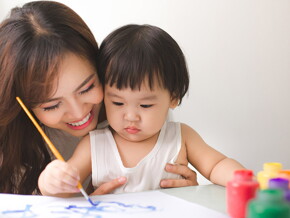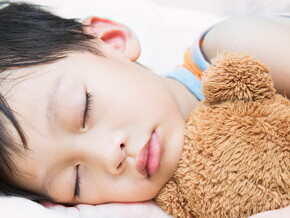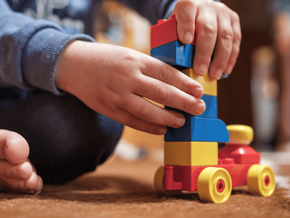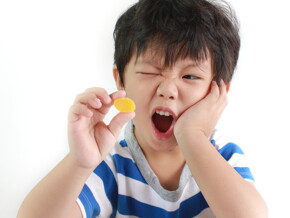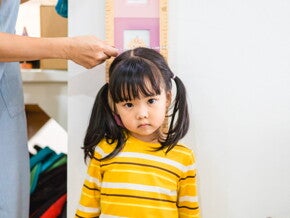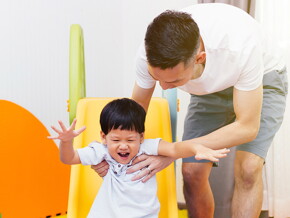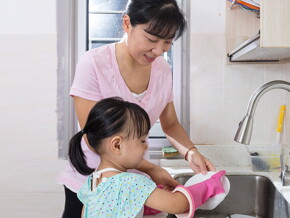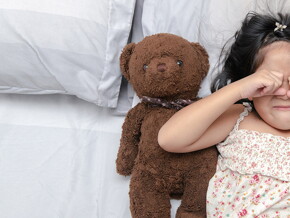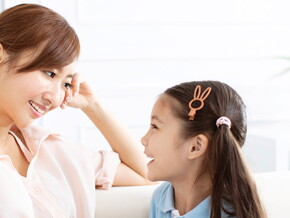
Potty Training with training pants and other recomendations.
Most children typically learn to control their bowels before they gain control of urination.
When should we start potty training?
Although most children are ready for training sometime between 24 and 36 months of age, some start before or after this period. In general, boys are ready later than girls.
Wait for signs that your toddler is both willing and able to begin potty learning. Letting your toddler take the lead can make him proud of his achievement and bring success more quickly. Forcing a child to use the potty before he is ready is likely to produce resistance and prolong training.
It is best to postpone potty training when there are other serious stresses in the family, such as the birth of a little one, a change in arrangements for child care, an illness, or a household move.
What are the signs that a child is ready for potty training?
Your toddler is probably ready for potty learning when he does several of the following:
- Stays dry for up to 2 hours at a time during the day, or is dry after a nap.
- Has bowel movements at predictable times each day.
- Shows an increased awareness that urination or bowel movement is occurring.
- Asks to use the potty.
- Is able to follow simple instructions.
- Shows signs of independence and wanting to be in control.
- Has become orderly and wishes to put things where they belong.
- Likes to be clean and is fussy about odours; in particular, dislikes soiled diapers and wants to have them changed.
- Is capable of basic self-dressing.
- Wants to wear pants or underpants instead of diapers.
- Shows interest in (and perhaps tries to imitate) toilet habits of others.
- Understands opposites, such as wet/dry, dirty/clean, up/down.
- Recognizes the words your family uses for toileting and the relevant body parts.
How can I prepare my toddler for potty training?
When you have seen signs of potty readiness, start talking to your toddler in positive terms about adult toilet habits. At the same time, avoid speaking negatively about diapers; it may make your toddler hostile to the training process.
The best way of acquainting your child with the idea of using the potty or toilet is to have him watch family members of the same sex. (Watching someone of the opposite sex use the toilet may be confusing to your child.).
Experts recommend that your toddler start out using a potty chair rather than an adult toilet. Because they can plant their feet firmly on the floor, children are not afraid of falling off or in, and may feel more secure.
When you have selected a potty chair, place it in your child's room or in a nearby bathroom. Let your child take time to become familiar with the potty before trying to use it, and make it clear that it is his own.
You can help your toddler become comfortable by explaining what the potty's function will be when he is ready for it. Giving your child some control, as by allowing him to carry the potty around the house, helps motivate the child to use it independently.
What are the first steps in potty training?
For the first few weeks of training, let your child sit on the potty chair fully clothed while you talk about toileting and the potty's function. When he is accustomed to sitting, try it with the diaper off. As sitting on the potty becomes part of your child's routine, increase the sessions from once to several times daily.
Next, have your toddler watch while you dump stool from a soiled diaper into the potty, and explain that stool and urine belong there. When this connection has been made, your toddler, who has probably become interested in putting things where they belong, is more likely to want to use the potty.
At this point you can help by letting your child play near the potty with his diaper off. Watch carefully for body signals that indicate the need to urinate or have a bowel movement, and teach your child to be aware of these signs. Even if you sometimes guide your child to the potty too late, you are reinforcing the connection between the potty and elimination.
Should my little boy sit or stand when he urinates?
Have your son learn to urinate into the potty sitting down. A boy who begins by standing may want to have a bowel movement in that position as well. Also, since accurately directing the urine flow requires considerable coordination, it's best to wait until your toddler has acquired basic skills on the adult toilet before having him stand.
When your son is comfortable using the big toilet, he can practice to improve his aim while sitting on the seat facing backwards. Next, with a demonstration and coaching by an older male, he can try to urinate while standing.
What are the next steps in potty training?
Like adults, children tend to have regular patterns for urination and bowel movements. When you discover your child's pattern, encourage him to visit the potty at the appropriate times of day.
Remember, never force an unwilling child to sit on the potty, or make a child stay when he or she wants to get off. Aside from delaying progress, this can lead to constipation, straining, and fissures (cracks) in the anus.
After your toddler has had some success using his potty, start to place his potty next to the toilet to help him understand that toileting is to be confined to the bathroom. Having your child help empty the potty contents into the toilet can help draw the connection between the potty and toilet.
Eventually, your toddler will be ready to try using an adult toilet equipped with a training seat. You can start this transition by inviting your child to join you when you use the bathroom, and then suggest (without pressure) that he try the toilet.
Letting your child use a stepstool to access the toilet can give him a feeling of control and also allow him to plant his feet firmly while using it.
How should we handle toilet hygiene?
Instruct your toddler in good bathroom hygiene from the beginning of potty training:
- Show girls how to wipe from front to back to avoid spreading bacteria that can lead to urinary tract or vaginal infection.
- Teach children to wipe gently, because rough wiping can irritate the skin and make it vulnerable to infection.
- If your child does a poor job of wiping but refuses assistance, ask to check, or give the last wipe, after he has finished. You can also demonstrate, and then have your child practice, on a doll.
- Get your child into the habit of washing hands after each potty session, even if you do the wiping at first.
- Teach your child to take particular care when using public toilets (eg, always prepare the seat with a paper cover or toilet tissue).
When should my toddler start wearing training pants?
When your toddler has been using the potty regularly and with some success, you can make a gradual transition from diapers to training pants during the day. Disposable training pants may make accidents a bit easier to handle in the beginning.
As you and your child become more confident, a switch to cloth training pants may help motivate your child since he or she will be more aware of the consequences of a delayed trip to the potty. To help avoid accidents, dress your child in easily removed clothing.
Why does my toddler keep having so many accidents?
Setbacks and accidents with both bowel movements and urination are a normal part of potty training. However, constant accidents may indicate that your toddler is not developmentally ready for training and needs to revert to diapers for a while.
Further, although continual accidents are most often related to unreadiness, you should be aware of other possible causes:
- Stressful events in the family
- Fatigue, leading to diminished control of skills
- Excitement, with momentary loss of bladder control
- Absorption in another activity
- Reaction to parental pressure
- Resistance to growing up
- Tardiness in getting to potty/toilet or removing clothing
- Urinary tract infection
If your toddler has symptoms of a physical problem—for example, is always somewhat wet (a sign of leaking), becomes incontinent when laughing, has a weak urine stream, experiences painful urination, or has blood in the urine—consult your health care professional. When the reason for accidents is not simply developmental, attention to these problems may help your child's progress.
Remember, how readily your child masters potty training is not an indication of your child's intelligence or success in other developmental areas.
How long does potty training typically take?
Although the occasional toddler (probably an older one) may be trained very quickly and with infrequent relapses, the process generally takes several weeks, and you should expect setbacks.
Most children typically learn to control their bowels before they gain control of urination.
Most children continue to wet at night for as long as a year after they have completed daytime training because they are not developmentally ready to hold their urine overnight or to awaken in response to a full bladder1.
You may want to keep your child in diapers during the night until he or she is consistently dry upon awakening.
Try to be patient during the training process. Do not punish or scold for failure, and be sure to give praise for success. Remember that toileting requires development of several skills—body awareness, concentration, coordination, muscle control, and good timing.
Disclaimer: This content is shared for informational purposes only and not intended to be a substitute for professional/medical advice, diagnosis, or treatment. We recommended that you always seek the advice of your healthcare professional for any questions you may have regarding a medical condition/specific situation.


